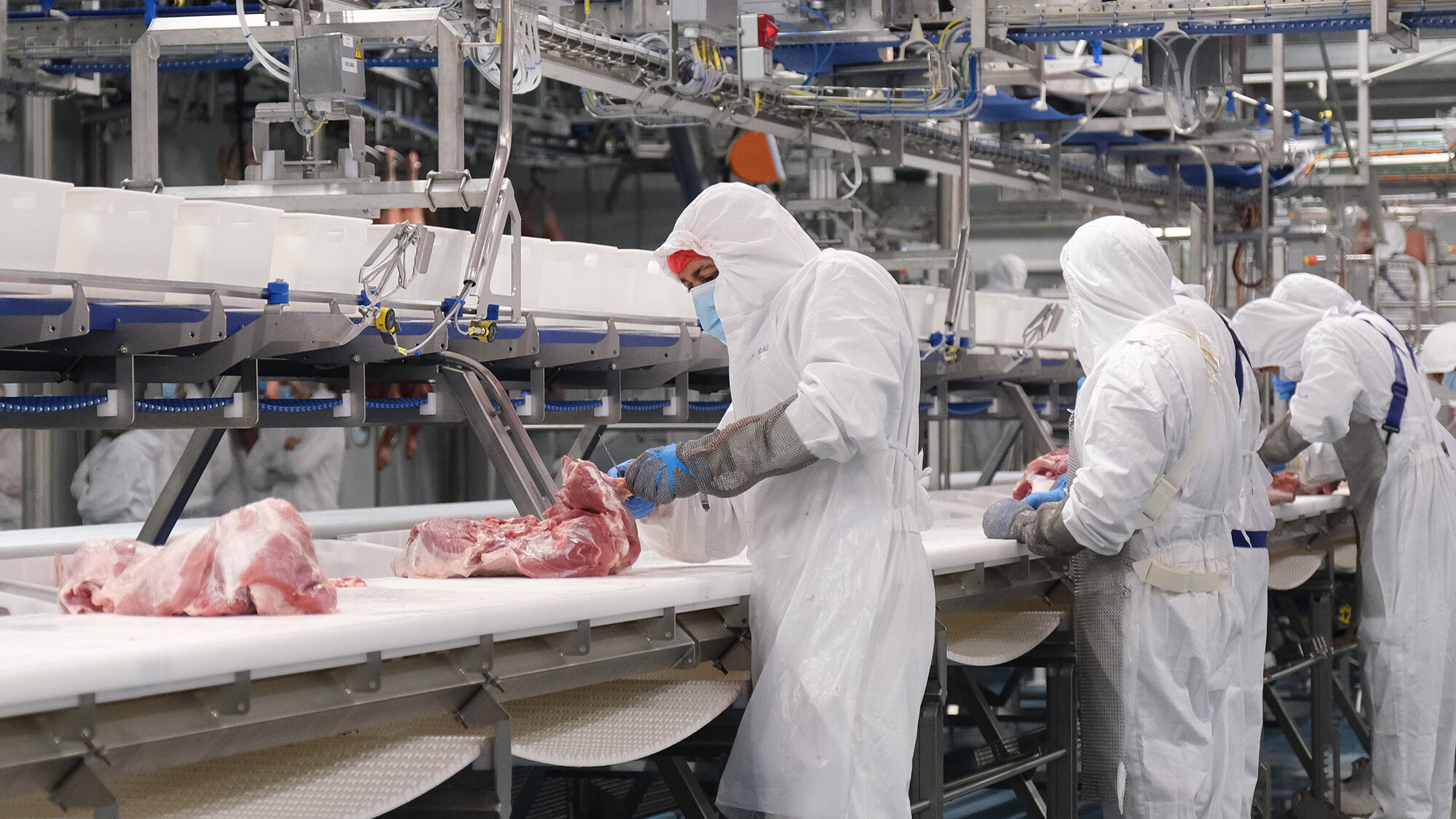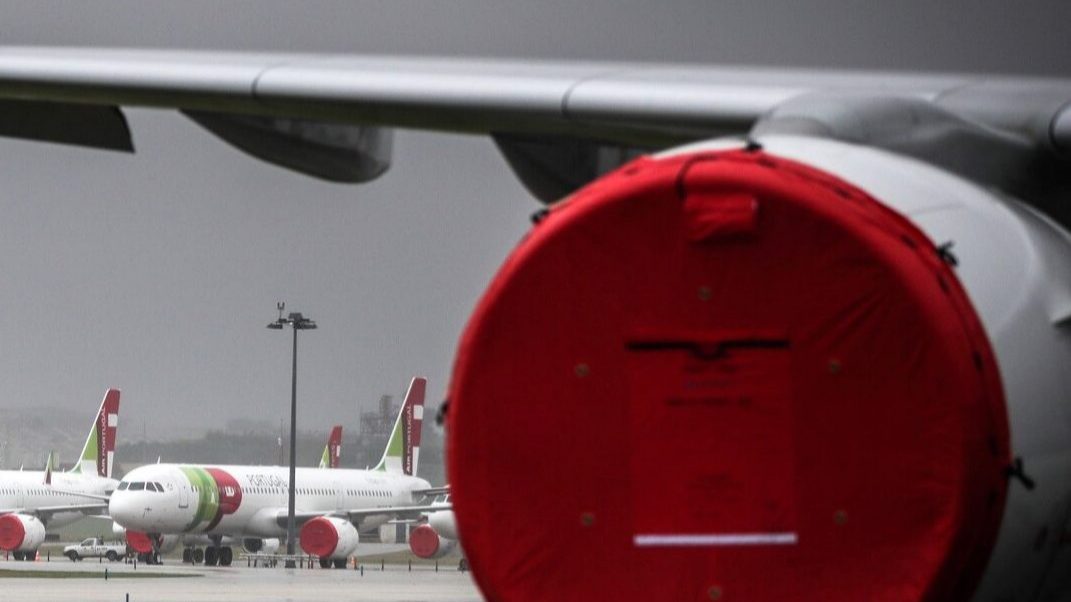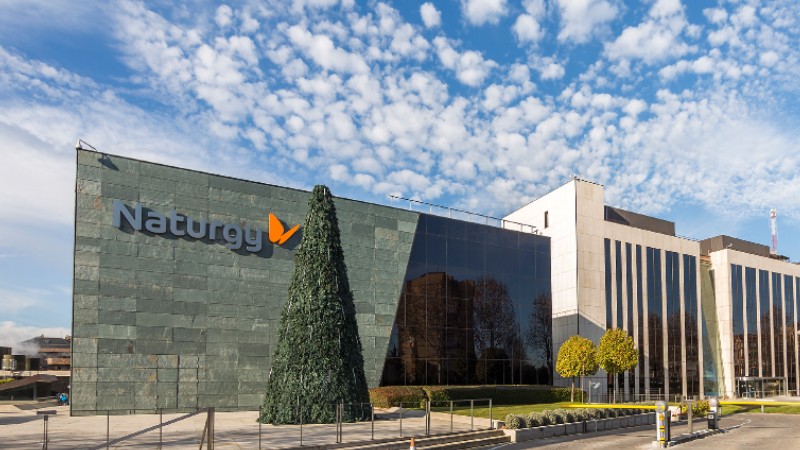Data centre sector tries to attract an AI Gigafactory to Portugal
A meeting between the data centre sector and the Ministry of Economy addressed the promotion of a possible Portuguese application for the European Commission's AI Gigafactories.
PortugalDC is initiating efforts to try to boost Portugal’s candidacy for one of the European Commission’s five Artificial Intelligence (AI) Gigafactories. The work is at a “very early stage”, but the data centre industry association believes that the country could be in a position to attract this investment.
The European Commission wants to create up to five AI Gigafactories in Europe, large data centres specifically designed for training and developing artificial intelligence models. To this end, it is planning direct support and subsidies to increase the appetite of private consortiums.
Last week, PortugalDC officials met with the Secretary of State for the Economy, João Rui Ferreira. At the meeting, which included representatives from other public bodies, the promotion of an application for an AI Gigafactory was one of the topics on the table, the association’s president, Luís Pedro Duarte, told ECO.
According to Luís Pedro Duarte, it was the CEO of Banco Português de Fomento (BPF), Gonçalo Regalado, who was also present at the meeting, who set out the challenge for Portugal not to miss out on this opportunity by submitting an application. “They explicitly asked for our help to dynamise the process”, says the president of PortugalDC.
“The association is scheduling a board meeting this week so that we can respond to the challenge launched by Banco de Fomento”, said Luís Pedro Duarte, who saw “a lot of interest” from the government in developing a national strategy for the data centre sector. This would help the country capture this type of opportunity, he argues.
On the European Commission’s side, the process is also at an early stage. On the 9th of April, a call was launched to gauge private interest in developing these infrastructures, which will run until 20 June. The procedure falls under the remit of EuroHPC, the European organisation that coordinates efforts in the area of supercomputing.
Although it is non-binding, interested consortiums will have to prepare, at this stage, a detailed business plan that answers multiple questions, including a location proposal and its justification.
The proposal will also have to include a summary of the project, energy requirements, governance mechanisms, the planned budget, human resource needs and future market prospects, as well as an analysis of potential target customers. The guidelines have already been made available.
In the next phase, the European Commission will discuss with stakeholders in more detail, while finalising the public funding mechanism and clarifying all the necessary considerations in terms of state aid rules, ensuring the necessary financial resources “to support one or more AI Gigafactories”. The official call is expected to be launched in the fourth quarter of this year, when more details should be known.
For a Portuguese application to be submitted, there will have to be companies interested in investing — and with deep pockets. In the Continent IA Action Plan, the European Commission itself considers that creating five Gigafactories is an ambitious goal, with which it aims to mobilise 20 billion euros, which would be around four billion for each infrastructure. The Commission even says that a single Gigafactory represents a huge investment in its construction and operation.
The national market has been touted as a good alternative destination for data centres and has attracted the interest of several private investors. PortugalDC, created in 2023, currently has 88 members, including 60 Portuguese and 13 Spanish, the two most represented nationalities. Of these, 11 are data centre operators, eight of whom have Portuguese tax identification numbers.
But the country may be at a disadvantage compared to other member states, admits the leader of PortugalDC, due to the fact that the US, at the beginning of the year, did not consider Portugal a “key ally and partner” for exports of sensitive technological components, such as Nvidia processors. As a result, Portugal risks being subject to restrictions on the quantity of chips it can buy, unlike other markets such as Spain and France. “It’s clearly a disadvantage, and that was one of the issues we brought to the meeting”, adds Luís Pedro Duarte.
ECO put several questions to the European Commission about this plan, and also to Banco de Fomento on Monday evening, and is awaiting a response.




